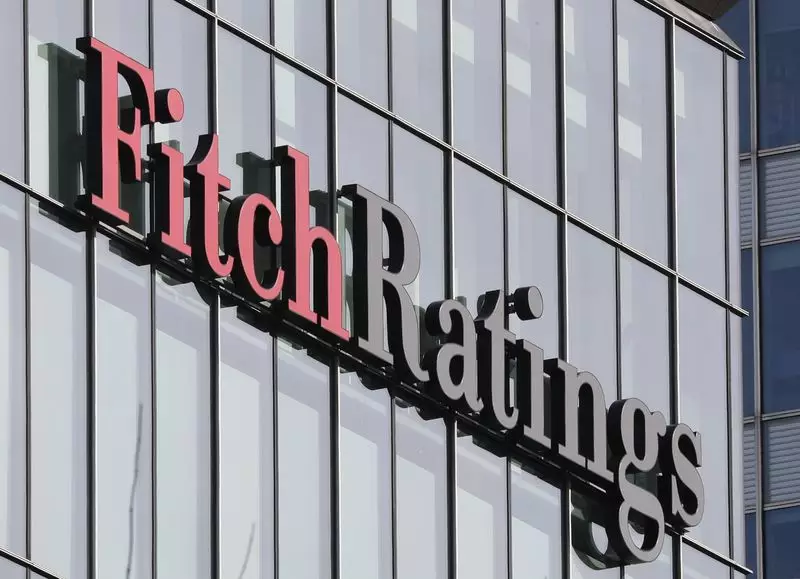In a significant move for Hungary’s financial landscape, Fitch Ratings has revised its outlook for the country from “negative” to “stable,” reflecting a potential turning point in its economic strategy. This change comes amidst ongoing efforts to align fiscal and monetary policies more effectively, demonstrating the government’s commitment to fostering a healthier macroeconomic environment. The National Bank of Hungary (MNB) has notably adopted a stringent monetary approach, which, combined with concerted governmental efforts to reduce the primary deficit, is painting a more favorable picture for economic recovery.
Fitch’s analysts have indicated that the nation is on the mend, with expectations of gradual economic recovery fueled by a rise in private consumption, investment, and exports. This optimistic forecast is especially pertinent as Hungary had previously witnessed the highest inflation rate within the European Union, leading to widespread concern among economists and the general populace alike. However, recent statements from Hungary’s Minister of Economy suggest that the worst may be over, with inflation rates beginning to taper off and stabilize toward the central bank’s target.
Navigating through fiscal hurdles is no easy feat, and the Hungarian government, led by Prime Minister Viktor Orban, is actively addressing potential pitfalls. With the unveiling of the 2025 budget draft, Finance Minister Mihaly Varga has attempted to reassure stakeholders, countering apprehensions raised by oversight bodies about forecasted revenue shortfalls. The government’s goal of tightening fiscal discipline emphasizes a desire to reduce the budget deficit from 4.5% of GDP this year to a proposed 3.7% in 2025. This proactive stance signals a determination to strengthen Hungary’s economic foundation amidst global uncertainties.
As Hungary approaches the 2026 parliamentary elections, the government appears keen on appeasing key voter demographics. Plans to enhance tax benefits for families and provide supplementary pensions demonstrate a calculated approach aimed at garnering public support. While these policies are likely intended to foster a sense of economic security among citizens, they also reveal the government’s strategic maneuvering in anticipation of electoral outcomes. The increased pensions and tax benefits could act as a double-edged sword, potentially boosting the economy while also raising questions about the sustainability of such fiscal measures.
In summation, while Fitch’s revision of Hungary’s economic outlook provides a glimmer of hope, stakeholders must remain mindful of the underlying challenges and risks. The trajectory of recovery relies heavily on the government’s ability to balance fiscal prudence with social commitments and to sustain economic growth without falling prey to inflationary pressures again. As Hungary navigates through this transitional phase, the commitment to reform and policy coherence will be crucial in solidifying its economic future. The road ahead may be fraught with challenges, but if approached with strategic foresight, Hungary has the potential to emerge stronger and more resilient.

